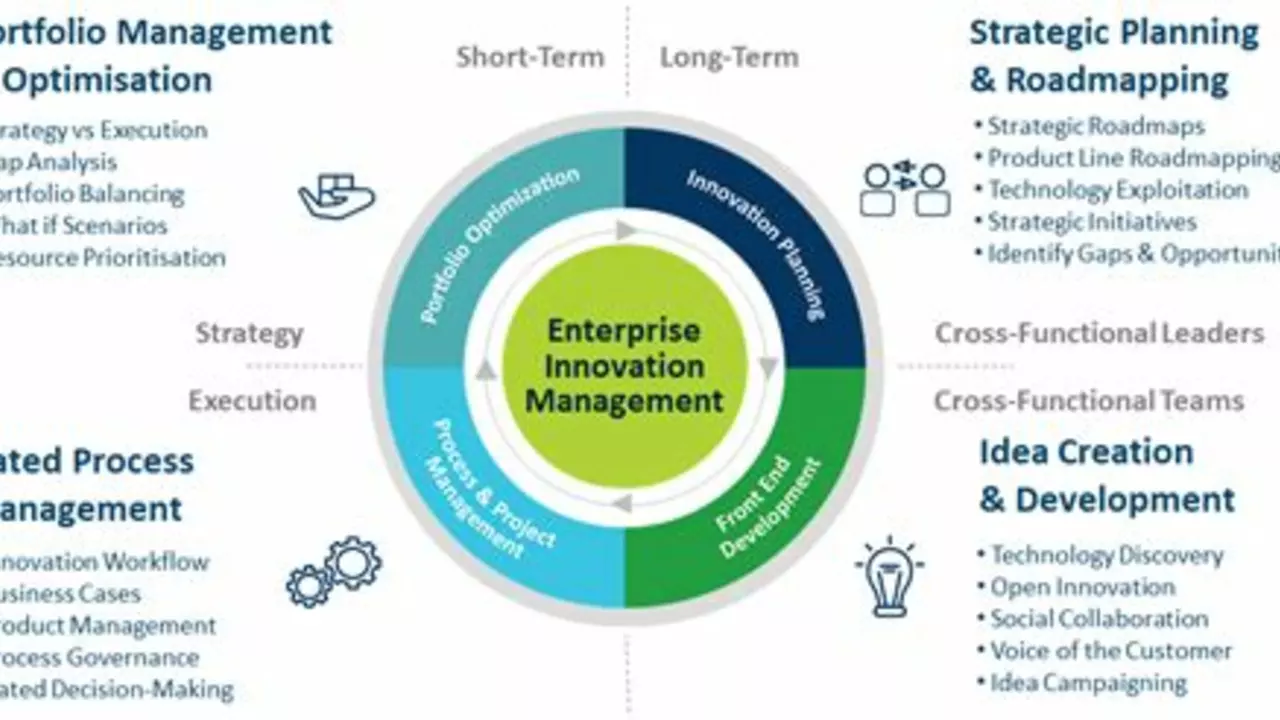Alfuzosin: what it does, how to use it, and how to stay safe
Alfuzosin is a prescription medicine for men with lower urinary tract symptoms from benign prostatic hyperplasia (BPH). It relaxes muscles in the prostate and bladder neck to help urine flow better. If you or someone you care for is thinking about alfuzosin, this page gives clear, practical facts you can use right away.
Quick facts and how to use it
The usual form is extended‑release 10 mg once daily. Take it after the same meal each day — that helps keep levels steady and lowers side effects. Don’t split or crush the tablet. Doctors typically expect to see symptom improvement in days to a few weeks; keep taking it as prescribed unless told otherwise.
Alfuzosin treats BPH symptoms, not prostate cancer. It doesn’t shrink the prostate; it eases the blockage that makes peeing hard. It’s for adult men only — not for children or women.
Side effects, warnings, and interactions
Common side effects include dizziness, tiredness, headache, and sometimes lightheadedness when standing up. Because it can lower blood pressure, start with caution: avoid driving or heavy machines until you know how it affects you. Fainting is rare but possible, especially early in treatment or when mixed with other blood‑pressure drugs.
Avoid alfuzosin if you have severe liver problems. Don’t take it with strong CYP3A4 inhibitors (for example, ketoconazole or ritonavir) — these can raise alfuzosin levels and increase risk. Be careful with other blood‑pressure medicines and tadalafil or sildenafil (ED drugs); combining them can cause symptomatic low blood pressure. Tell your eye surgeon you use alfuzosin before any cataract surgery — alpha blockers have been linked to changes in the iris during surgery.
Stop the drug and get urgent care if you notice swelling of the face or throat, severe shortness of breath, fainting, or severe allergic reactions.
Before starting, tell your doctor about liver disease, low blood pressure, recent fainting, other medications, and any planned surgery. Your doctor may check blood pressure and review other drugs you use.
Thinking of buying alfuzosin online? Always use a licensed pharmacy and expect to provide a valid prescription. Red flags: sites that sell without a prescription, no pharmacist contact, unclear company details, or extremely low prices. Look for HTTPS security, clear return policies, and customer reviews. If shipment seems suspicious (wrong packaging, strange labeling), don’t take the tablets and contact the pharmacy or regulator.
If you have questions about side effects, interactions, or whether alfuzosin is right for you, ask your prescriber or a pharmacist. Read trustworthy reviews and buying guides before ordering online — and only use pharmacies that require a prescription and provide pharmacist support.
Want more detailed reads on buying meds safely or drug alternatives? Check our related articles for pharmacy reviews, safe buying tips, and drug comparisons to help you make a smart choice.






